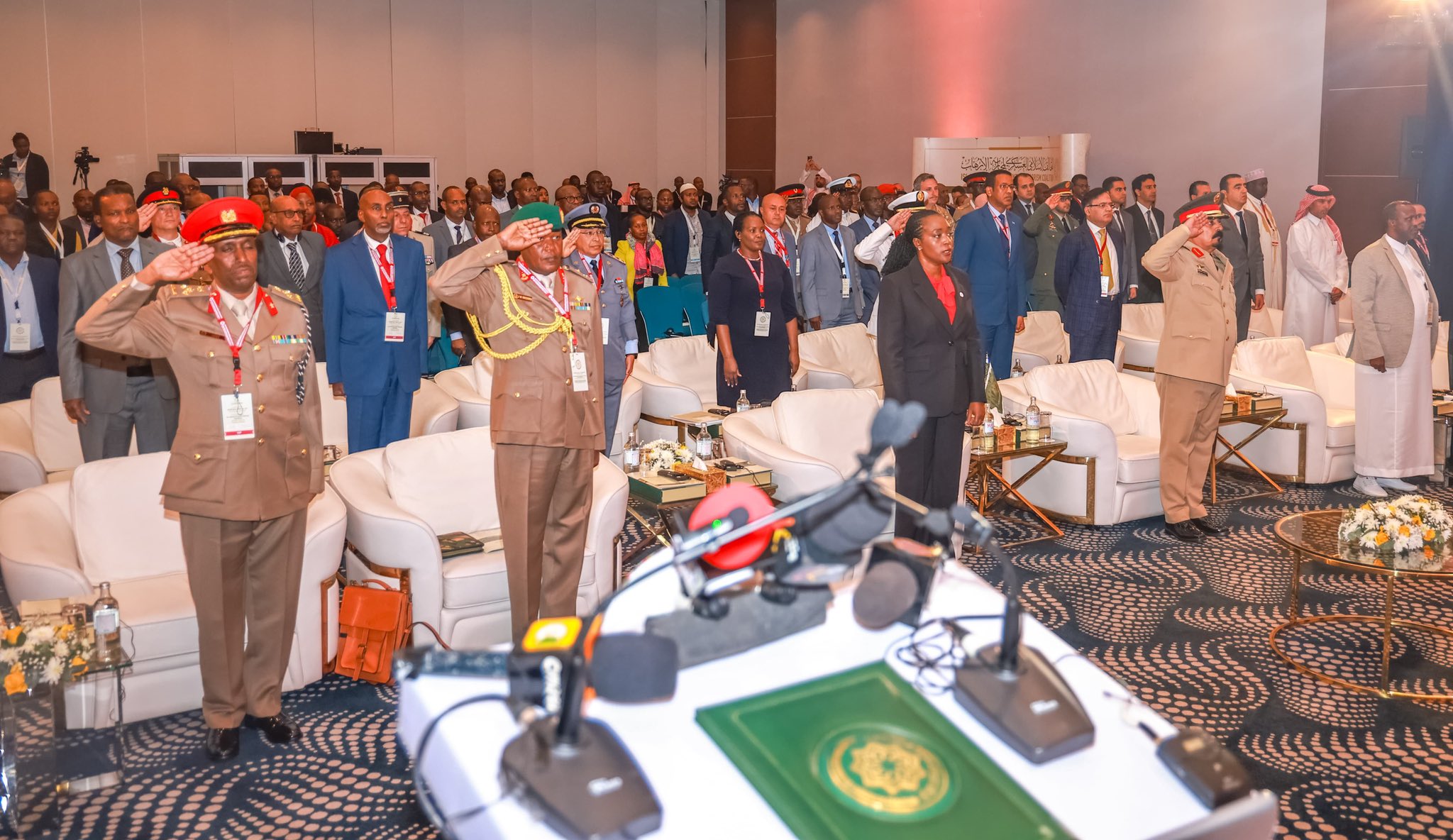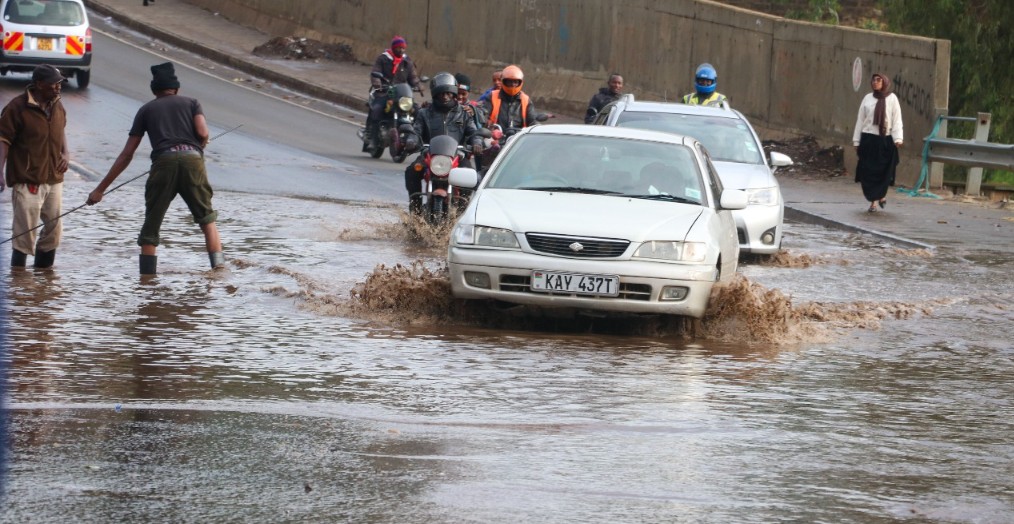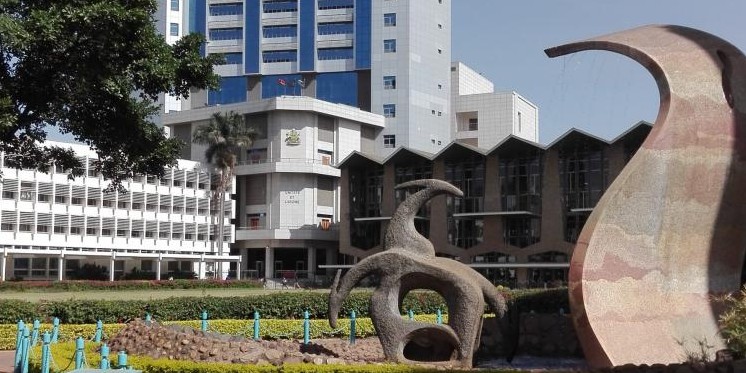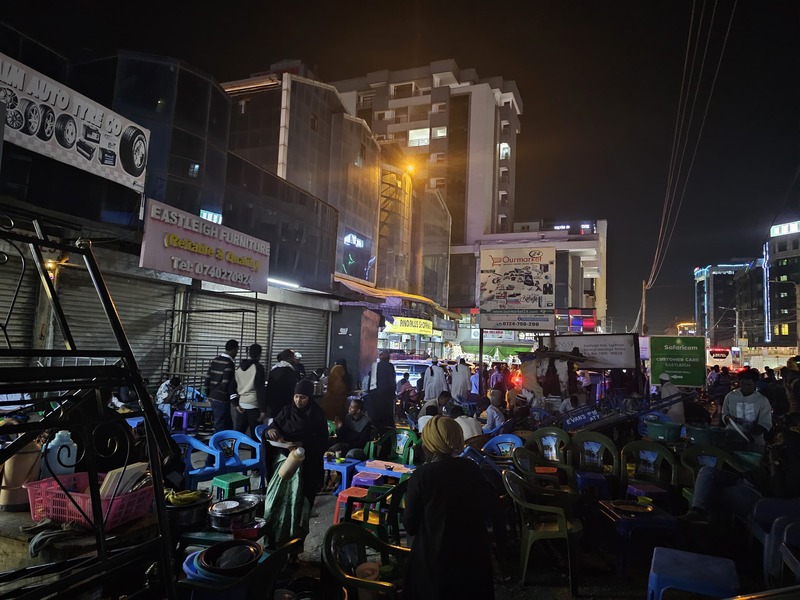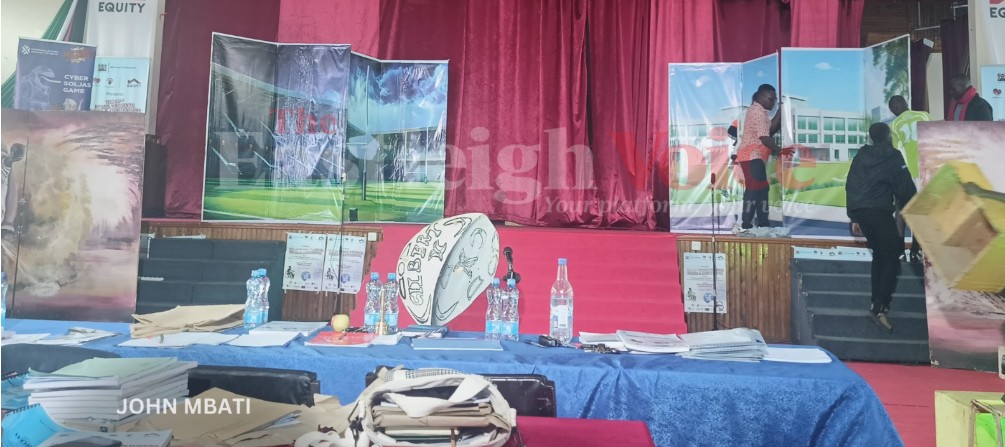How Kenyans are sustaining criminal gangs in the country
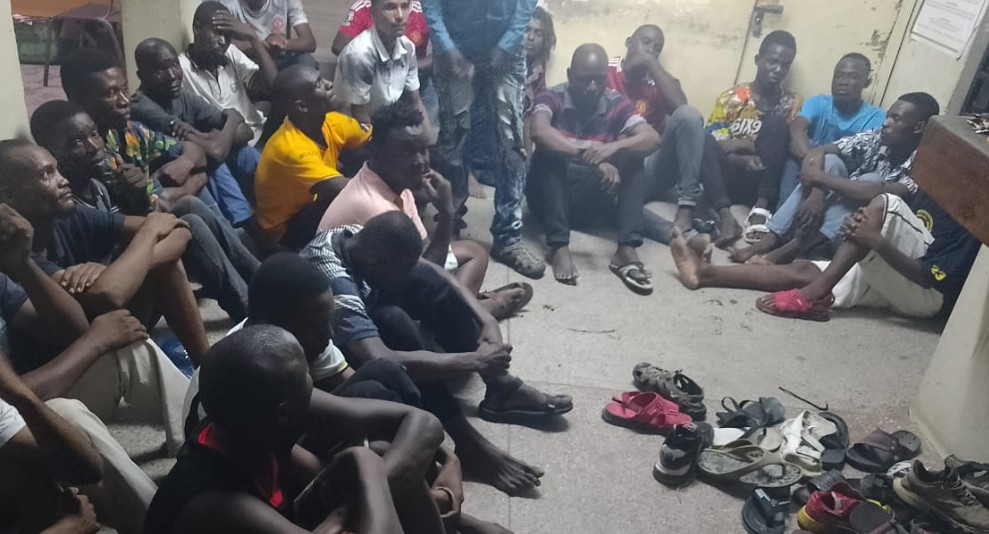
The report is based on a survey conducted in 11 counties where the centre established that a majority of citizens willingly fail to report gang activities to authorities, as others offer gangs protection or concealment from law enforcement officials.
Kenyans are in one way or another complicit in the proliferation and sustenance of criminal gangs in the country, the findings of a new state report show.
As a result, the gangs have deeply infiltrated multiple sectors, expanded their criminal activities, adopted sophisticated operational tactics, and gained resilience through community complicity.
More To Read
- Kenya’s gang crisis: Report exposes 309 criminal groups gripping major counties
- Over 100 women killed in first three months of 2025 – police say
- Police officer poisons three children, ends own life over marital, work frustrations
- Five days of chaos: How Ruto’s Nairobi tour was marred by crime, disruptions
"These dynamics have made gang-related crime a persistent and complex security threat," the report by the National Crime Research Centre shows.
The report is based on a survey conducted in 11 counties where the centre established that a majority of citizens willingly fail to report gang activities to authorities, as others offer gangs protection or concealment from law enforcement officials.
Others have normalised and accepted gang activities as part of community life and chosen to collaborate with gangs for mutual benefit.
Gang impunity
In some cases, the report says others opt to resolve gang-crime cases using local community conflict mediation systems, which facilitates criminal gang impunity.
"The findings from the majority of the sample respondents showed that failing to report gang activities to authorities was prominent in all eleven counties, while offering protection or concealment from law enforcement was common in all the counties except in Kisumu and Machakos," the report states.
It adds that normalising or accepting gang activities as part of community life was most prevalent in Nairobi, Busia, Mombasa and Nakuru; while it was mainly in Kilifi, Nairobi and Mombasa where some local community members were collaborating with gangs for mutual benefit.
In Garissa, locals were found to be complicit in resolving gang crime cases using local community conflict mediation systems, which in turn facilitate criminal gang impunity.
Failure to share criminal gang-related information with the police was prominent in Busia, Mombasa and Kiambu counties.
"Majority (84.6 per cent) of the sample respondents agree that some local community members had contributed to the proliferation and resilience of criminal gangs in the survey locations. However, 7.0 per cent were of the contrary opinion and another 8.4 per cent were neutral in their responses," shows the report.
Leading counties
In all the counties, over 68 per cent of the sample respondents held the view that some local community members had contributed to the proliferation and resilience of criminal gangs in their localities, with the leading counties being Busia (96.8 per cent), Kilifi (96.6 per cent), Mombasa (96.0 per cent) and Bungoma (91.6 per cent).
"Community members offer protection to the criminal gangs or conceal their identity, they fail to report to the authorities about suspected gang activities, while some community members use gangs to outshine their opponents, especially the business and political class," a senior police officer from Machakos County said.
In Nakuru county, some locals and politicians were reported to be teaming up with gangs to the extent that they would use them to protect their business interests and bail them out when they get into trouble with the authorities.
"Local community members have not become united to condemn or to fight these criminal gangs. The gangs are as if they are being protected by their relatives. If families wanted them out of such criminal activities, gangs would stop, but by families keeping quiet, it shows that they are supporting them. It is also said that some of the gangs support their families using the proceeds from the crimes," a court official in Kilifi revealed.
Cultural shift
The report warns that the normalisation of gang activities indicates a cultural shift where crime is increasingly seen as an inevitable part of daily life in society.
"This has the potential to increase lawlessness in the country," it states.
The document recommends intensive community sensitisation initiatives to counter gang glorification and promote alternative narratives, especially among the youth who comprise a majority of the gang membership.
It also urges educational institutions, religious institutions, and local community organisations to be engaged in efforts aimed at shifting social norms that tolerate or accept gang presence.
It also warns that community conflict resolution systems being used to settle gang-related crimes point to a possible failure of the formal justice system, which has forced communities to seek extrajudicial solutions.
"Strengthening the existing formal justice structures and ensuring that community members see tangible legal consequences for gang crimes can help to discourage reliance on informal resolutions that promote impunity," the document recommends.
It recommends that law and order enforcement agencies work with community elders and religious leaders to ensure that traditional mediation structures do not protect criminal gangs.
Top Stories Today











